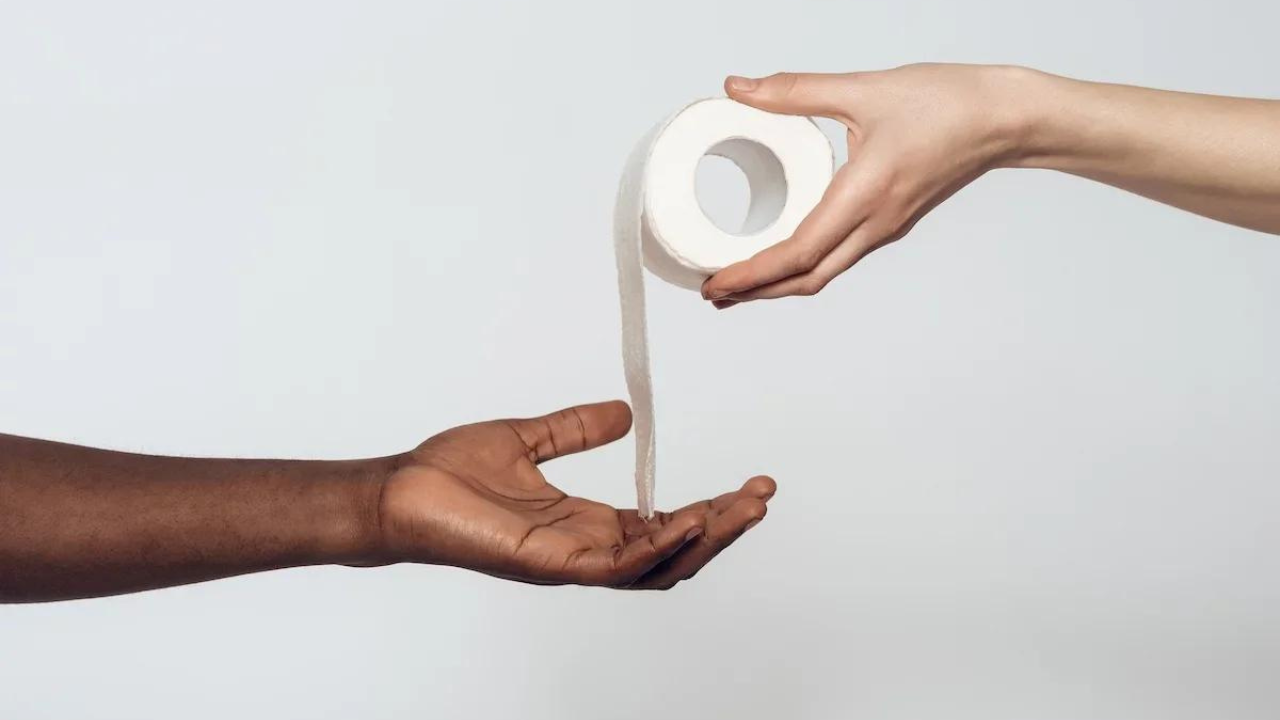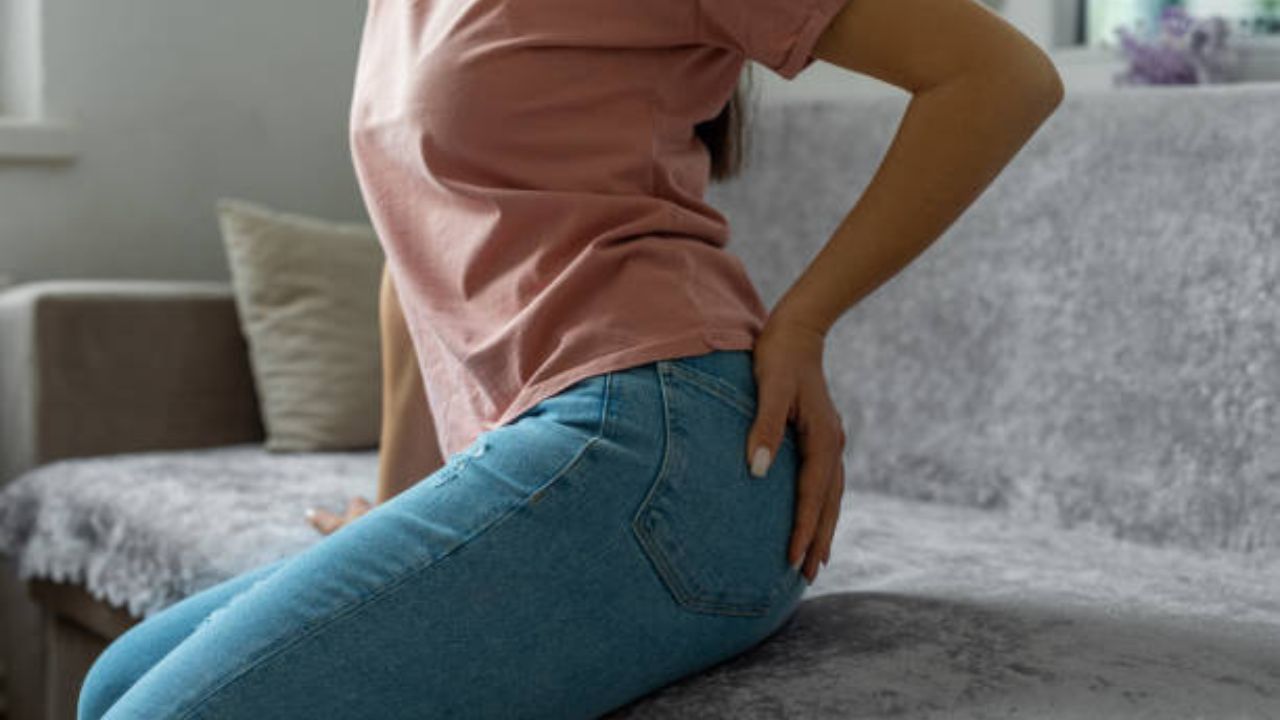There are several causes that can cause the appearance of a papules, pimples or lump in the anus, some of them are the presence of hemorrhoids, which are generally not serious and may or may not need treatment, however, other causes such as anal abscess or cancer, are much more serious and need medical treatment.
The main symptoms that a lump in the anus can cause are itching, pain, discomfort when defecating and even bleeding, so it is important that, in the presence of a lump or pimple in the anus, go to the general doctor or proctologist so that perform a physical examination and determine the cause.
The treatment depends on the cause, however, the doctor may recommend from ointments and tablets, and in more serious cases, surgery to completely remove the lump in the anus.
- Hemorrhoids
Hemorrhoids are the most common cause of the appearance of a nodule in the anus, since they arise due to the dilation of a vein, which is why the appearance of a small soft ball in the anal region is common. In these cases, other associated symptoms may arise, such as itching, pain when passing stool, and the presence of blood in the stool.
Generally, hemorrhoids are more common in people who have a family history, suffer from diarrhea or chronic constipation, stand for a long time during the day or frequently perform heavy physical exertion.
How to treat : in most cases you should have a diet that facilitates the elimination of feces such as eating foods rich in fiber and drinking 2 liters of water a day. However, performing warm sitz baths and avoiding the use of toilet paper are also excellent options for relieving discomfort.
In some situations in which dietary changes are not enough, the doctor may indicate the use of an ointment such as Proctoacid to treat hemorrhoids and, in more extreme cases, surgery to remove them.
- Anal wart
Warts are small pink or whitish nodules on the skin that can appear in the anal region and that normally do not cause pain or discomfort, being caused by the HPV virus infection in the area. However, in some cases, anal warts can cause itching as well as slight bleeding that can be seen on toilet paper or even produce a foreign body sensation in the anus.
Generally, this type of infection is more common in cases where anal sex is practiced without a condom, especially when there is more than one sexual partner.
How to treat : it is necessary to apply specific ointments to remove warts such as Cidofovir or Trichloroacetic Acid, prescribed by a proctologist. However, the virus is only cleared from the body after several years, and therefore warts may recur.
- Anal abscess

Although rarer, anal abscess can cause the development of a nodule next to the anus. This happens because the abscess is a collection of pus that arises due to an infection in the region, which can be caused by a blocked gland or a sexually transmitted disease.
Normally, in addition to the presence of a lump in the anus, the abscess can also cause symptoms such as intense pain, swelling in the anal region, and redness in the area.
How to treat : it is almost always necessary to remove the pus accumulated within the abscess and, for this reason, a proctologist should be consulted. However, in the most serious cases, in which the abscess is very large, surgery may be recommended to remove the pus and facilitate healing of the affected area.
- Molluscum contagiosum
Molluscum contagiosum, is a skin problem caused by the poxvirus, which generates the formation of small papules on the skin and can affect the perianal region, especially when there is unprotected intimate contact.
How to treat : the treatment is similar to that of genital warts, and can be done with the application of ointments prescribed by the proctologist, which may contain salicylic acid or an antiviral. In addition to this, in some cases, it is also possible to opt for the use of cryotherapy or laser to destroy the lesions.
- Anal cancer
This is the rarest cause of the appearance of a nodule in the anus, but it is also the most serious, which needs to be identified as quickly as possible by the proctologist so that subsequent treatment can be successful. In these cases, in addition to the ball, there may still be constant pain in the anus, itching, difficulty defecating or the presence of blood in the stool.
How to treat : Treatment needs to be discussed with a proctologist but is usually done with chemotherapy or radiotherapy. However, if the tumor is small, the doctor may choose to perform surgery to remove it.
